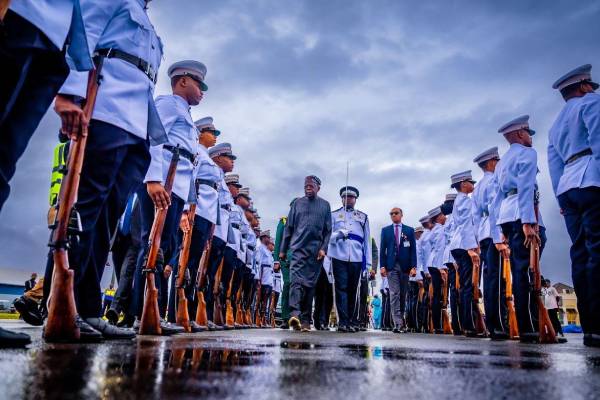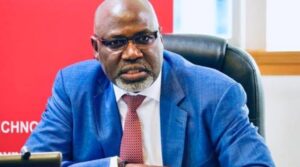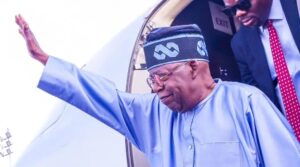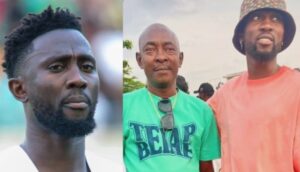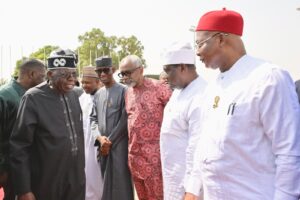President Bola Ahmed Tinubu’s state visit to Saint Lucia has been described as a strategic and historic step to deepen diplomatic, economic, and cultural relations between Nigeria and the Caribbean.
In a statement issued by the Special Adviser to the President on Media and Strategy, Bayo Onanuga, the Presidency said the visit aligns with Nigeria’s foreign policy framework anchored on four key pillars: Democracy, Development, Diaspora, and Demography.
The visit, which comes amid some criticism and misinformation on social media, was welcomed warmly by Saint Lucians, many of whom have ancestral ties to West Africa, particularly Nigeria. Waves of Nigerian immigrants settled in Saint Lucia in the mid-19th century, leaving enduring cultural and religious legacies.
“President Tinubu’s visit rekindles these ancestral bonds and opens a new era of cooperation between Nigeria and the Caribbean,” the statement noted.
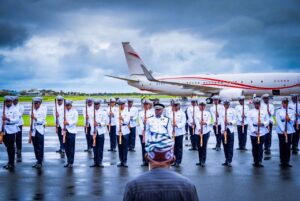
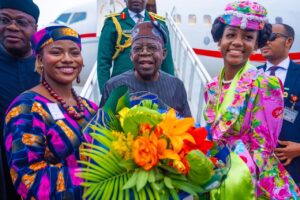
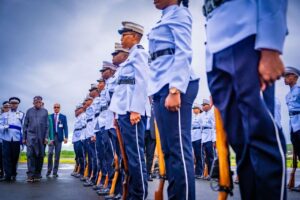
Saint Lucia, the headquarters of the Organisation of Eastern Caribbean States (OECS), is also a gateway to the wider 15-member Caribbean Community (CARICOM), which boasts a combined GDP of over $130 billion.
The visit underscores a shared commitment to democracy and development. Saint Lucia is a stable parliamentary democracy, and during his reception at Hewanorra International Airport, President Tinubu was described as a “fighter for democracy,” in recognition of his pro-democracy legacy.
The statement highlighted historical Nigeria–Saint Lucia links, including the distinguished service of Saint Lucian-born jurist Sir Darnley Alexander, who served as Nigeria’s Chief Justice between 1975 and 1979, and architect Neville Skeete, who helped design the Central Bank of Nigeria’s headquarters. Sir Darnley’s son, Michael, also served as a doctor in the Nigerian Army during the civil war.
President Tinubu’s visit includes an address to a joint session of Saint Lucia’s Parliament at the Sandals Grande Conference Hall, and a visit to the Sir Arthur Lewis Community College, where he will highlight Nigeria’s focus on education and youth development.
Also on the agenda is a reception hosted by the Saint Lucian Prime Minister for the Nigerian community on the island, offering a platform for engagement with the President.
This marks the first official state visit to Saint Lucia by an African leader since Nelson Mandela’s historic visit in 1998, making President Tinubu’s presence a diplomatic milestone.
The Presidency said the trip also supports the African Union’s Sixth Region agenda, which recognises the African diaspora as a key partner in development.
Nigeria’s cultural influence was evident even before the visit, with Nigerian music dominating Saint Lucia’s popular Gros Islet Street Party, demonstrating the growing reach of Afrobeats and Nollywood in the region.
President Tinubu’s delegation includes officials from Nigeria’s Technical Aid Corps, which supports development in African, Caribbean, and Pacific countries through the deployment of skilled Nigerian professionals.

